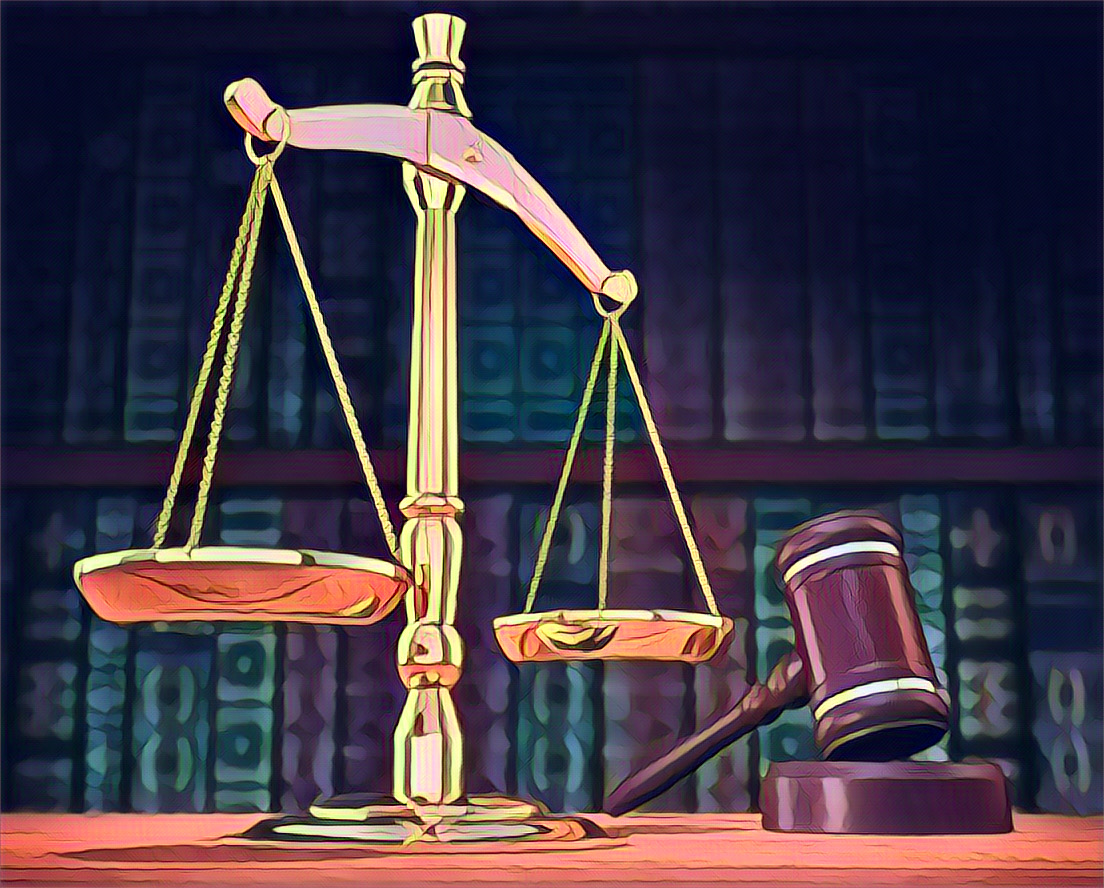The Supreme Court has dismissed a $10 million lawsuit brought by Zemqos Incorporated (Pvt) Ltd, a significant legal victory for City Parking. The case revolved around a disputed verbal agreement for the supply and installation of an automated parking management system in Harare. The ruling, delivered by a panel of justices, confirmed the earlier decision of the High Court, which had found no merit in Zemqos’s claims.
The origins of this legal dispute date back to 2014 when Zemqos and City Parking entered into a verbal agreement. According to Zemqos, City Parking had agreed to a 15-year contract for the installation of a fully automated parking system across 5,000 parking bays in Harare. The agreement, as Zemqos described it, involved the phased installation of the system, starting with an initial 500 bays. Additionally, Zemqos provided 200 hand-held devices to support the operation of the system.
Zemqos claimed that City Parking had agreed to allocate the remaining 4,445 bays for automation under the terms of their verbal agreement. However, after completing the installation of the initial 500 bays, Zemqos alleged that City Parking failed to follow through on its commitment to automate the remaining bays. The company further accused City Parking of continuing to use the automated system without paying the required license fees after 2017, which Zemqos argued was a breach of their agreement.
In response, City Parking disputed the nature of the agreement as presented by Zemqos. The company acknowledged entering into a verbal agreement but contended that Zemqos did not fully honor its commitments under the deal. City Parking also denied any obligation regarding the 4,445 additional bays that Zemqos claimed were part of the contract.
Furthermore, City Parking raised the issue of prescription, arguing that Zemqos’s lawsuit was filed too late. According to City Parking, the contract had been effectively canceled more than three years before Zemqos initiated legal action on January 4, 2021. The High Court agreed with this argument, finding that Zemqos’s claim had indeed been filed outside the permissible time frame.
The High Court also examined the evidence presented by both parties regarding the existence and terms of the verbal agreement. In its judgment, the court concluded that Zemqos had not provided sufficient proof to support its claim for breach of contract. The court noted that all equipment supplied by Zemqos for the initial 555 bays had been fully paid for and that there was no contractual obligation for City Parking to proceed with the automation of the additional bays.
The High Court further observed that the continuation of the contract was contingent upon the availability of funds on the part of City Parking. Since there was no evidence that such funds were available, the court determined that the contract had remained suspended, and therefore, no breach had occurred. As a result, the High Court dismissed Zemqos’s claim for specific performance, which would have required City Parking to fulfill its alleged obligations under the contract. The court also rejected Zemqos’s alternative claim for damages, finding it equally without merit.
Dissatisfied with the High Court’s ruling, Zemqos filed an appeal with the Supreme Court, arguing that the lower court had erred in its findings. Zemqos sought to have the High Court’s judgment set aside, asserting that the court had misinterpreted the evidence and the legal principles involved in the case.
The Supreme Court, however, upheld the High Court’s decision. In its ruling, the Supreme Court emphasized that the High Court had exercised its discretion judiciously in assessing the evidence presented by both parties. The justices noted that the High Court had the advantage of hearing the testimony of witnesses and evaluating their credibility firsthand. Based on this assessment, the High Court had found City Parking’s witnesses to be credible and had ruled accordingly.
The Supreme Court also highlighted the importance of the condition precedent in the agreement, which was the availability of funds for the automation of the additional parking bays. Since there was no evidence that City Parking had the necessary funds, the court concluded that the contract had not been breached. The Supreme Court judges further noted that such findings by the High Court could not be overturned in the absence of irregularity, which they found to be lacking in this case.
Consequently, the Supreme Court dismissed Zemqos’s appeal, ruling that it had no merit. The court also rejected Zemqos’s alternative claim for damages, reinforcing the earlier conclusion that there was no basis for awarding compensation.


